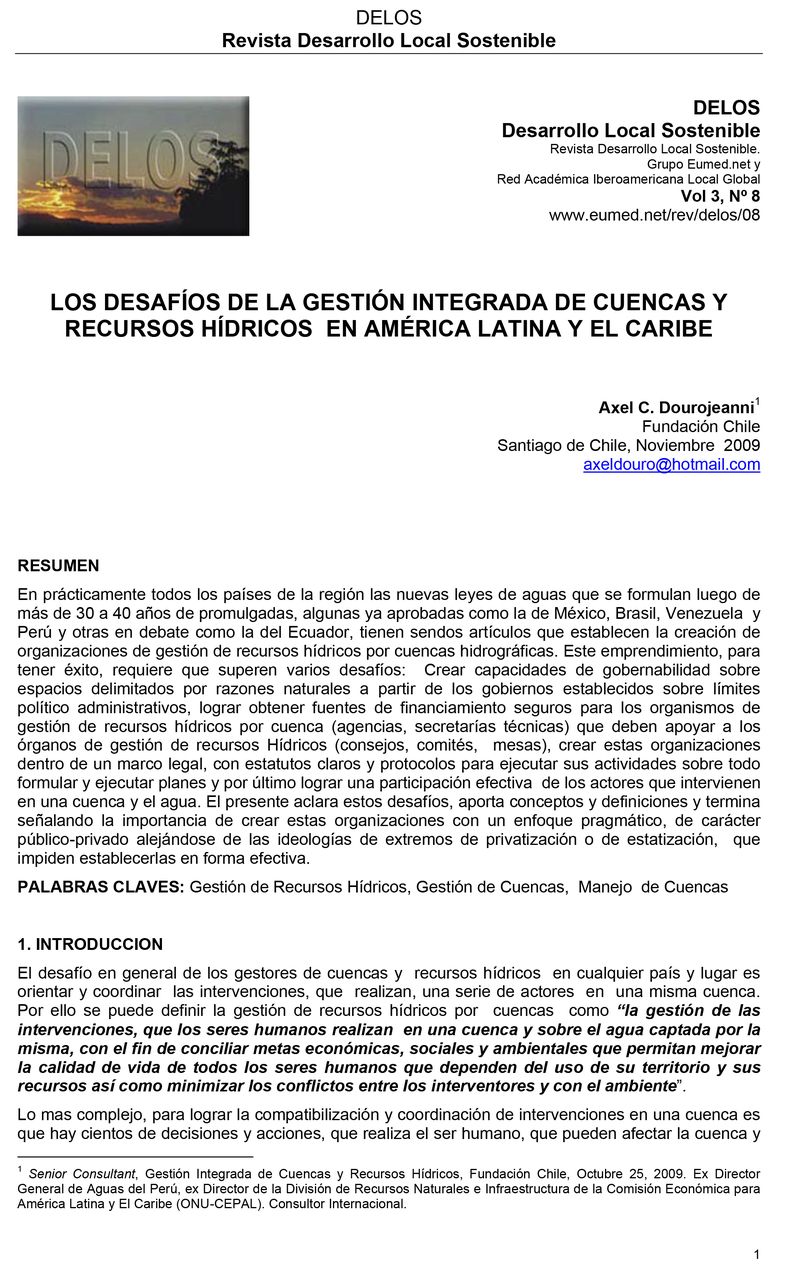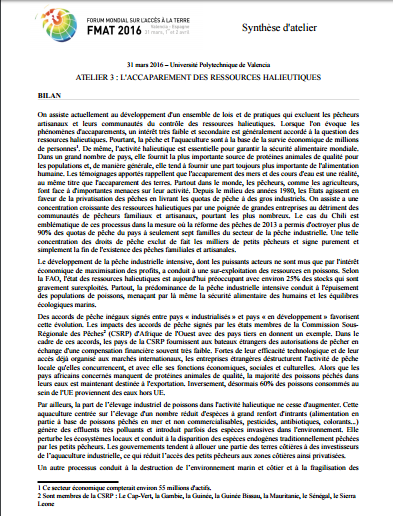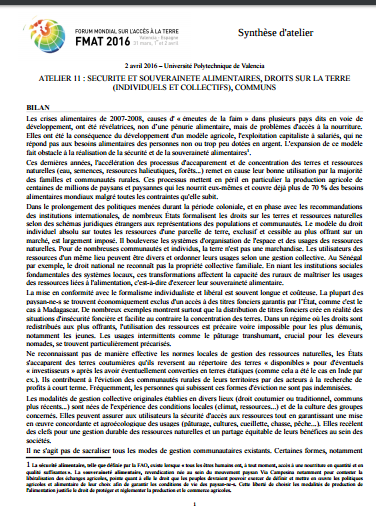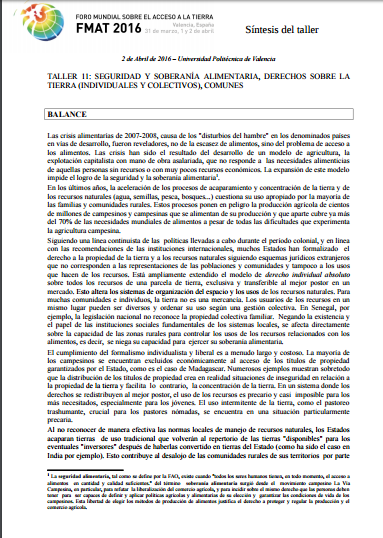Changes in intrahousehold labor allocation to environmental goods collection
This study explores the impact of changes in environmental conditions on intrahousehold labor allocation to the collection of environmental goods such as fuelwood and leaf fodder for a sample of rural Nepali households. Using household-level panel data collected in 1982 and 1997, the study finds that household collection time significantly increases with measures of environmental resource scarcity, and that the increase appears to come almost equally from men and women.










